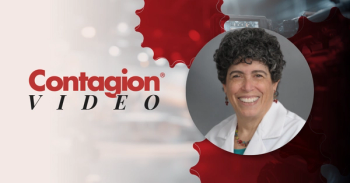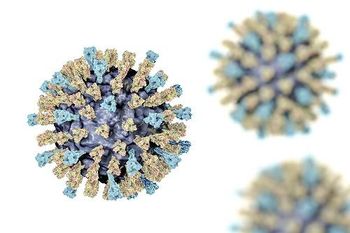
ASHP 2019 News Network: Cutting Readmission Rates for ABSSSI
Segment Description: Krutika N. Mediwala, PharmD, BCPS, BCIDP, assistant professor, College of Pharmacy, Medical University of South Carolina, discusses cutting readmission rates for ABSSSI.
Interview transcript (modified slightly for readability):
Readmittance rates are very high with ABSSSI. Like I mentioned before, it's mostly because I believe we have to change the algorithm of how we're treating them. The indirect costs of these patients getting admitted for you know, 7 days of treatment, 5 days of treatment because of them having failed oral antibiotics is a lot more than their risk for other hospital-acquired infections. Cost is a great aspect for both the patient as well as the health care institution. And then like just some direct costs as well of just length of stay, duration of therapy, just, you know, all the things kind of come together to really make us look at our readmittance rate, and maybe having another place to for these patients to get identified and treated appropriately.
Then setting them up for success afterwards and educating them like, "hey, this is going to last, you know, for 14 days," for example, for dalbavancin, and like really making sure we identified that specific patient. Now, this doesn't mean that it's for everybody. They're really trying to create more and more protocols to see how can identify these patients. The other thing is, the access to these agents is quite difficult in the inpatient setting. For example, I've had it be used in a patient and inpatient setting and I had to fax 3 different things, get them on the phone and be like, "hey, we need a 24 hour turnaround, I really need you guys to look at this patient" for the insurance and the copay.
So making sure that legwork is a little bit easier on everybody to make sure we get the patient the best care possible as soon as possible. Then the other thing I thought about was and this is a new buzzword right now is the outpatient stewardship. ABSSSI is a great aspect that outpatient stewardship can help with really identifying those patients in the clinic settings and other outpatient settings and eating with them in drug acquisition prices and algorithms and education, like that's a really good thing that that patient stewards can help with.
Newsletter
Stay ahead of emerging infectious disease threats with expert insights and breaking research. Subscribe now to get updates delivered straight to your inbox.
































































































































